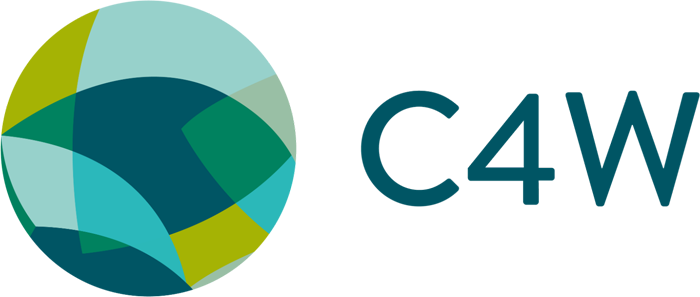When water insecurity threatens lives—depriving people of safe water, health, education, and their livelihoods—how can we break the cycle and create lasting change?
What is C4W?
C4W enables the dismantling of silos that obstruct collaboration on water security. We urgently drive the collective action necessary to tackle the global water security crisis at scale. C4W raises funds to finance science-based solutions through collective action to create a water-secure world. As a US-based registered non-profit organization, C4W brings together complementary and aligned organizations, harnessing their combined expertise and capacity to implement large-scale interventions that improve water security.
The power of collective action
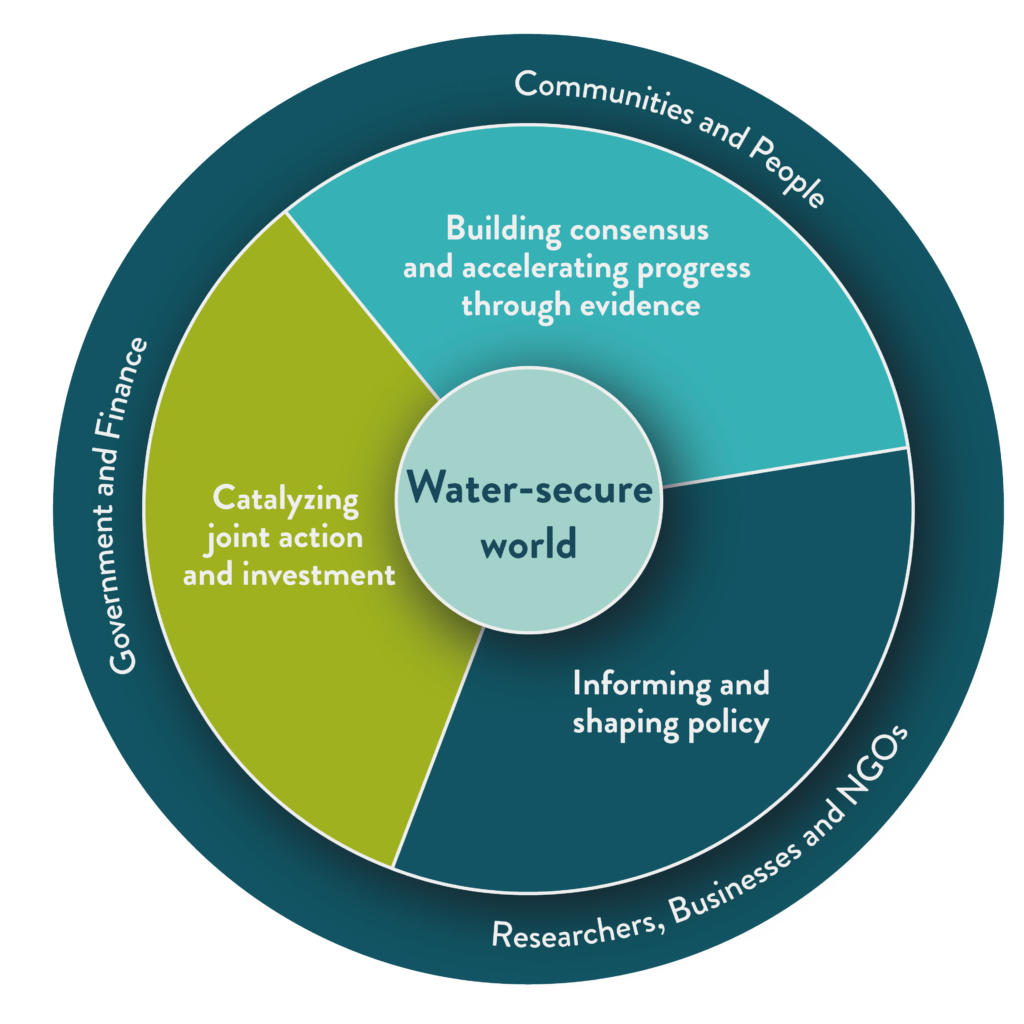
C4W establishes transformational partnerships across sectors—agriculture, health, water, sanitation and hygiene (WASH), sustainable energy, biodiversity, environment and disaster prevention—to drive impactful interventions. Water insecurity is a complex challenge, where lasting impact can only be achieved when governments, the private sector, communities, financial institutions, youth groups, entrepreneurs, researchers and innovation organizations unite through collective action.
C4W’s approach in action
These funding proposals and projects showcase success stories and opportunities to create lasting solutions for water security and climate resilience.
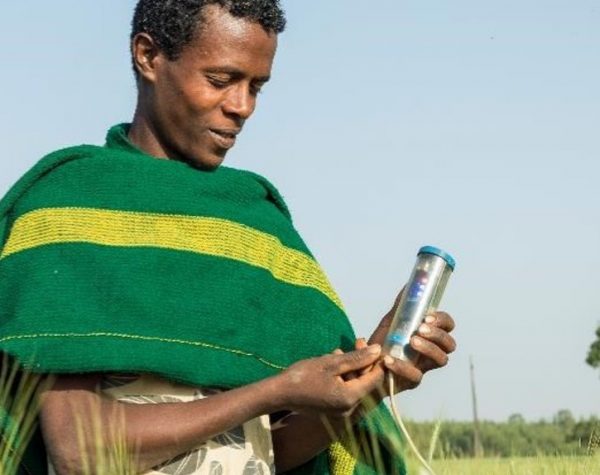
Changing Lives in East Africa
Discover how C4W, in partnership with the International Water Management Institute (IWMI), is empowering small-scale farmers in East Africa through this initiative set to transform water security for 500,000 farmers at the heart of the climate crisis.
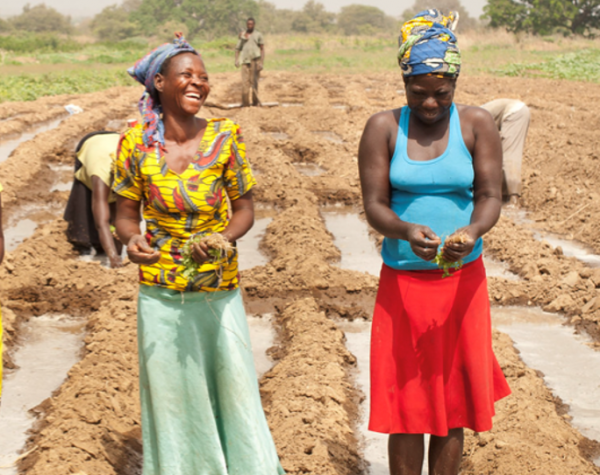
Transforming smallholder farming
By mapping solar irrigation opportunities, collective action is enabling smallholder farmers to access affordable, sustainable water solutions, boosting productivity and resilience.
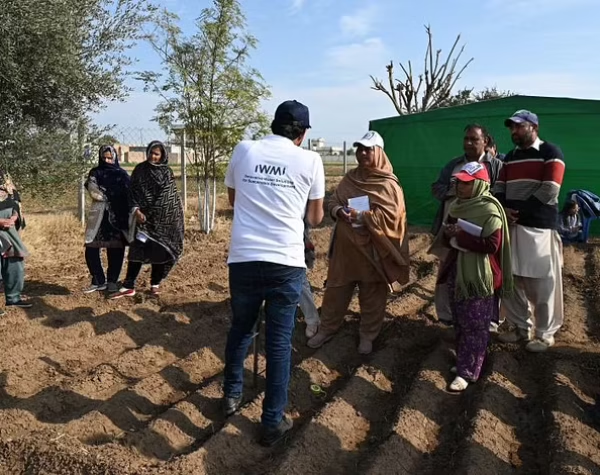
Smart drought response
The South Asia Drought Monitoring System leverages satellite technology and partnerships to deliver early warnings and response strategies, protecting livelihoods from droughts.
